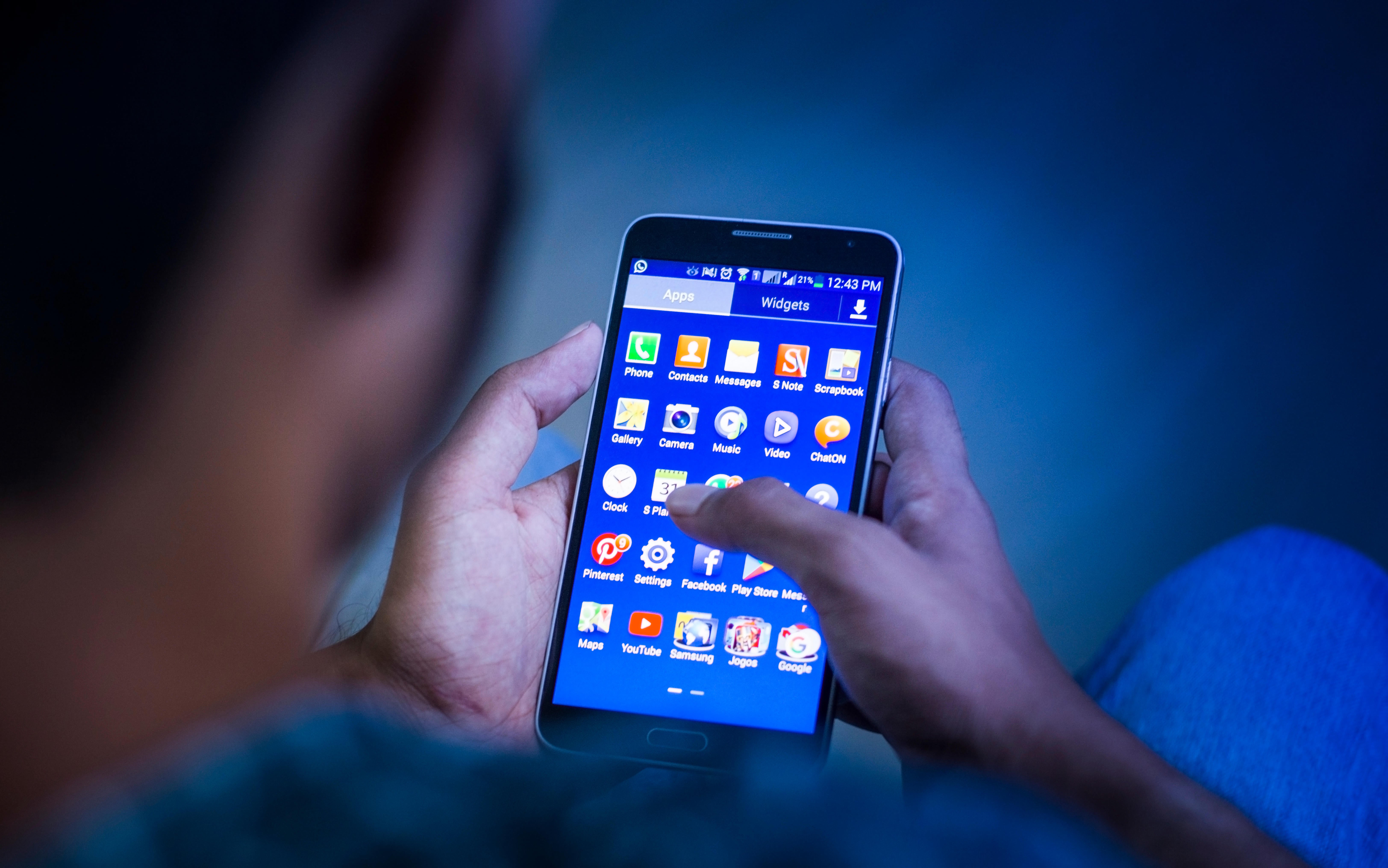Would a ban on phones in schools be a good thing? For and against the demonising of mobiles
The pros and cons of scrolling away your day.

Your support helps us to tell the story
From reproductive rights to climate change to Big Tech, The Independent is on the ground when the story is developing. Whether it's investigating the financials of Elon Musk's pro-Trump PAC or producing our latest documentary, 'The A Word', which shines a light on the American women fighting for reproductive rights, we know how important it is to parse out the facts from the messaging.
At such a critical moment in US history, we need reporters on the ground. Your donation allows us to keep sending journalists to speak to both sides of the story.
The Independent is trusted by Americans across the entire political spectrum. And unlike many other quality news outlets, we choose not to lock Americans out of our reporting and analysis with paywalls. We believe quality journalism should be available to everyone, paid for by those who can afford it.
Your support makes all the difference.Without a smartphone, modern life would be, to say the least, challenging. Woven into the fabric of society, you can’t walk down the street without seeing noses in phones every few yards, pouring the power of the digital age into our purses and pockets.
But mobile connectivity has as many critics as it does advocates, and the government are now holding a consultation on blanket banning phones from Britain’s schools. Here are some of the arguments for and against the absolute ubiquitousness of the smartphone…
Mobile phones are brilliant
It’s hard to know why we discuss ‘being on our phones’ as though it’s a singular activity. Modern phone users can learn languages for free, follow current affairs on a host of phone-friendly platforms, and manage their finances at the click of a button – as well as notching a high score in Snake.
Mini-laptops that entertain, educate and organise, the moral panic about ‘screens’ is lost on a generation that uses their phones for job applications, and as primary social resources. Talking with friends is no less meaningful for being digital, and phone usage joins playing online video games in the category, ‘much more sociable than it looks’.
At the end of the day, it doesn’t really matter, because the smartphone plays an inescapable role in society, whether we like it or not, and being proficient with its various foibles is an essential life skill. Instead of policing your friends and family’s phone usage, spend a day introducing grandma to mobile banking. Then we’ll see who spends too much time on their phone.
…But it’s quantity over quality
Fundamentally, most of your phone’s flaws come back to one thing: They distract you. Whether it’s uploading photos of your food, snapping obsessively on holiday, or gabbing with five friends instead of focusing on one, on your phone, the world is at your fingertips, so you stop fully engaging with your own.
If you’re too rubbish at living in the moment, phones can become actively dangerous. You shouldn’t use your phone while crossing the road; you shouldn’t use your phone while cooking; and you definitely shouldn’t use your phone behind the wheel. You shouldn’t, but many still do.
Accidents are not the only health risks. A whole host of studies have linked over-use of mobile phones to increased anxiety and feelings of low self-esteem, while the bright backlight is known to hurt quality and ease of sleep. A 2014 study also suggested that mere presence of a smartphone is enough to negatively impact concentration.
And although there are many things you could do on your phone, that’s not the same as what you do do. Seemingly tailored to short attention spans, much of our screen time is spent doom-scrolling on Twitter having our mental health ruined by Instagram or playing rubbish mobile games we wouldn’t look twice at if they came out on console.
Phones are quantity over quality; they do almost everything, but badly. You can read messages, but not someone’s body language; you can play Plants Vs Zombies, but not Far Cry 6; you can swipe right on someone’s photo, but there’s no way of knowing if you actually like them.
Whether banning mobile phones at schools will make a difference to kids’ behaviour is anyone’s guess, but it might well cause less distraction.